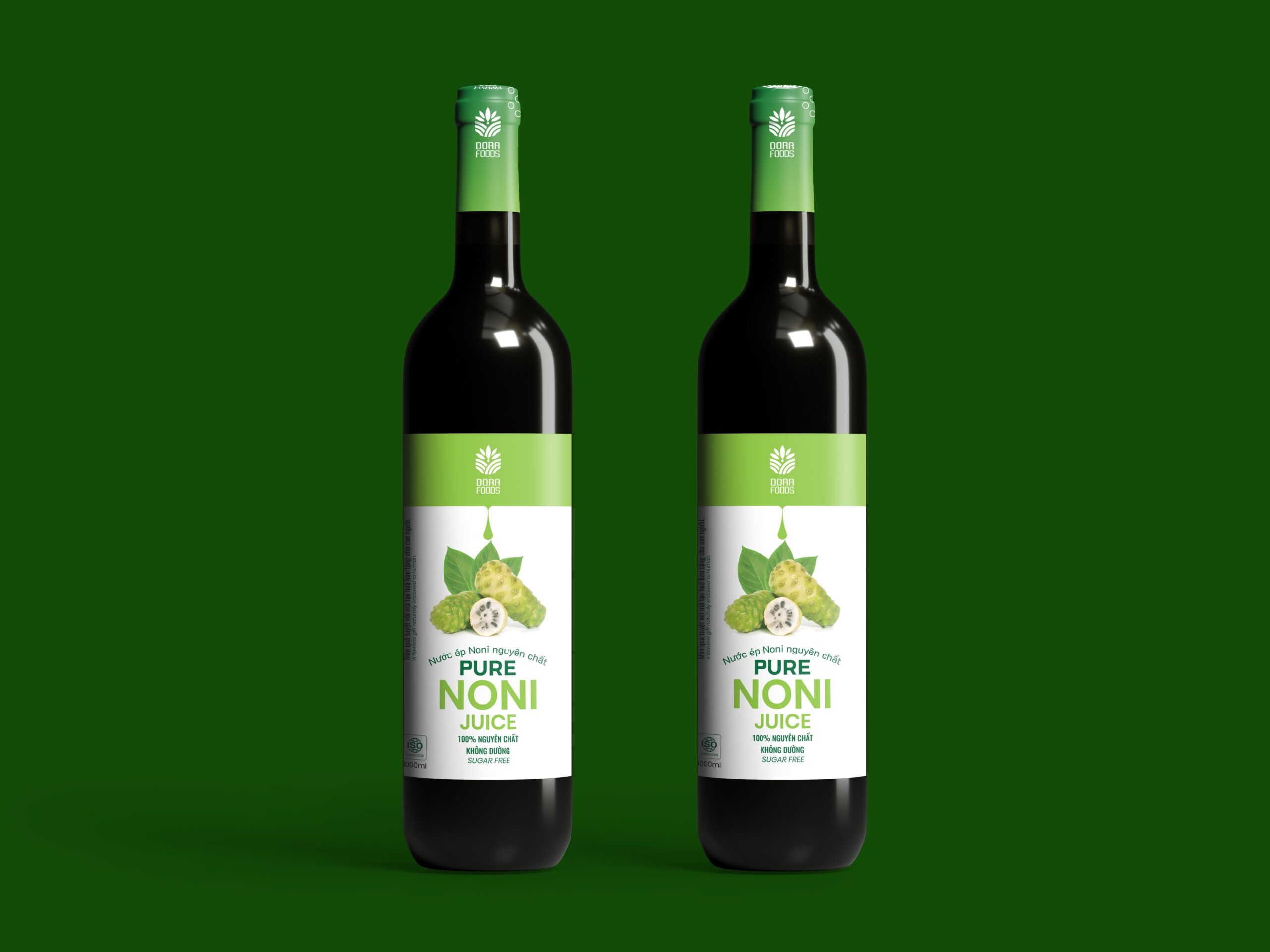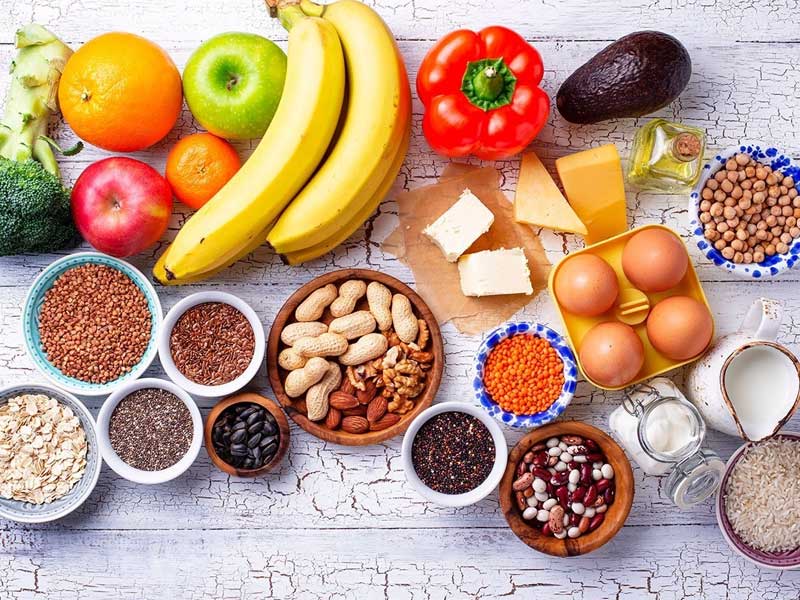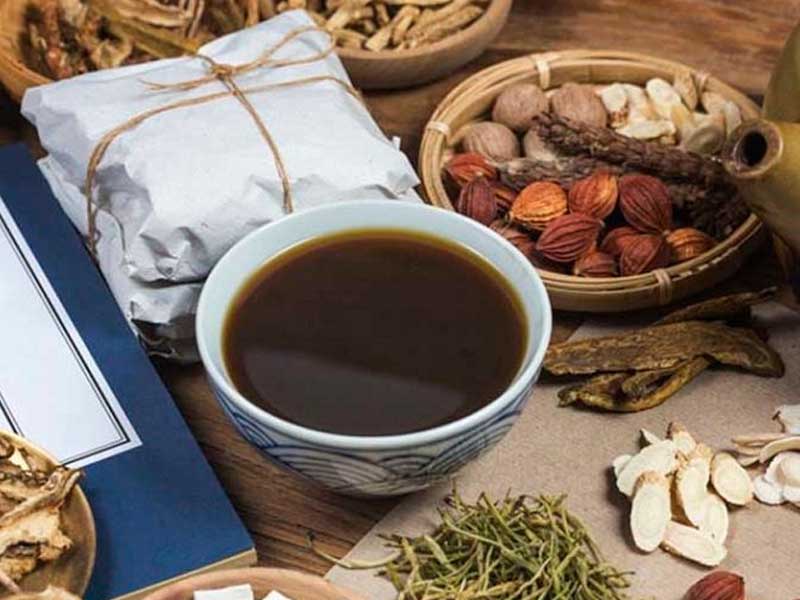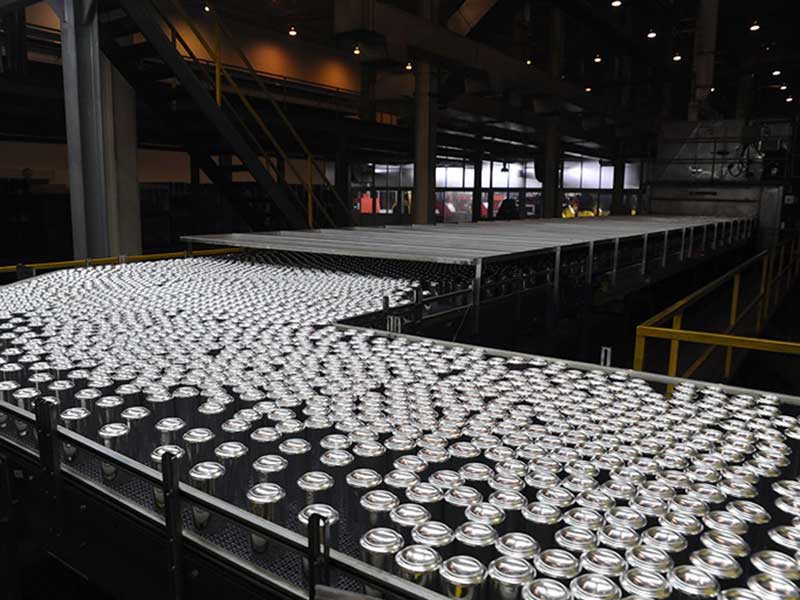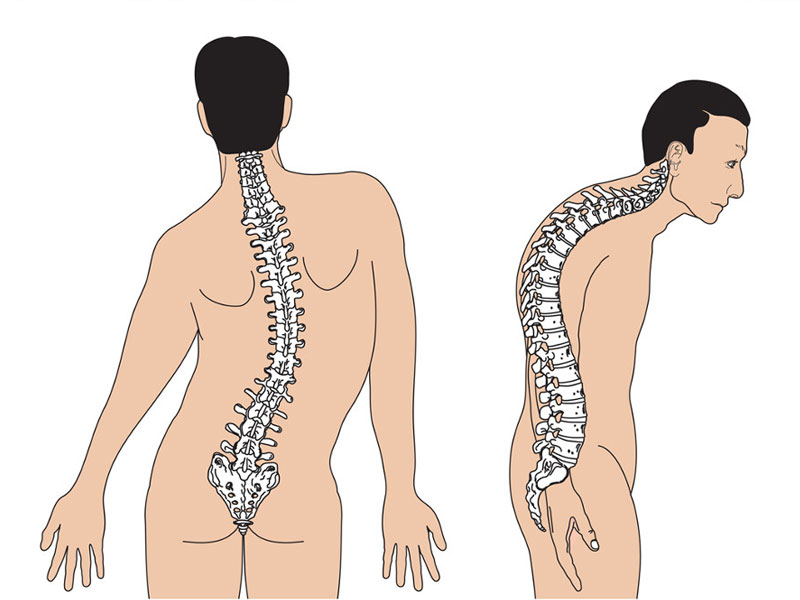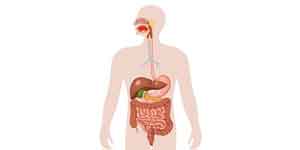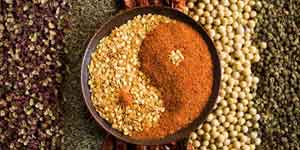Noni juice is a beverage made from the fruit of a tropical tree. The tree grows naturally in areas of Southeast Asia, where the fruit and juice are part of traditional medicine.
The fruit contains potent antioxidants that may provide some health benefits for the body, such as supporting a healthy immune system and relieving inflammation.
Noni is mainly marketed as a juice or juice blend.
What is it?
Noni juice is juice from the fruit of the Morinda citrifolia, or noni tree. The noni tree grows about 3-10 metersTrusted Source high throughout the tropical regions.
The leaves and the fruit of the tree are traditional foods in the cultures near where they grow, including in Southeast Asia and the Pacific Islands. Noni is also a traditional medicine in many of these cultures.
The fruit has a strong, bitter flavor. People who use noni process the fruit into a puree, paste, or juice, and use it alone or with other ingredients. People may also ferment noni juice by adding sugar and a starter culture.
Nutritional information
Nutritional data for a branded version of pure noni juice posted to U.S. Department of Agriculture (USDA) FoodData CentralTrusted Source, states that a 30 milliliter (ml) serving of pure, organic noni juice contains:
- calories: 5.1
- protein: 0 grams (g)
- fat: 0 g
- carbohydrates: 1 g
- fiber: 0 g
- sugars: 1 g
- sodium: 5.1 mg
- vitamin C: 9 mg
The nutritional content for any given batch of noni juice can vary widely. This has to do with growing region and climate, growing conditions, and added ingredients in any product.
An older study from 2006, posted to International Journal of Food Sciences and Nutrition, looked at the varying levels of minerals in over 177 branded noni juices. They found that many of the juices had varying levels of different minerals, including:
- iron
- calcium
- potassium
- copper
- magnesium
- sodium
- zinc
- phosphorous
- selenium
These varying levels can make it difficult to state the exact nutritional data for any given batch of noni juice. The study notes that potassium content is usually the highest mineral in most types of noni juice.
Possible benefits
Noni juice may have the following benefits:
Joint pain relief
Noni juice may have some painkilling and anti-inflammatory properties to help deal with pain.
Research posted to the journal FoodsTrusted Source notes that human clinical trials have demonstrated potential benefits of noni juice for the joints, including reduced pain and increased range of motion.
In a small sample of people with cervical spondylosis, 60% of people reported complete relief from neck pain after taking 15 milliliters of Tahitian Noni Juice twice a day, for four weeks.
In a small 2011 study of 82 adults with osteoarthritis, posted to Functional Foods in Health and Disease, people who took Tahitian Noni Juice for 90 days reported improved quality of life, reduced arthritis pain and severity, and improved mood.
High in antioxidants
There is a link between oxidative stress and oxidative damage in the cells and a number of chronic conditions in the body.
Antioxidants help combat the effects of oxidative damage and free radicals. Plant foods such as noni provide high levels of phytochemicals and antioxidants. Research posted to MoleculesTrusted Source notes a number of phytochemicals and antioxidants in noni, including:
- flavonoids
- lignans
- iridoids
- anthraquinones
- coumarins
- terpenoids
- sterols
- fatty acids
- polysaccharides
May reduce cellular damage from tobacco smoke
A study posted to Food Science & NutritionTrusted Source found that noni juice reduced oxidative damage in heavy tobacco smokers. Tobacco smoke contains thousands of toxic chemicals and carcinogens that damage the DNA and cause oxidative damage in the cells.
Out of 245 study participants, those who drank noni juice had a reduction of about 46-57% of one type of marker of oxidative damage from tobacco smoke compared to the placebo group.
The placebo juice also contained some common antioxidants but did not show the same potential benefits for smokers. This may be due to the high quantities of iridoids in noni juice, which were not present in the placebo.
These benefits do not make noni juice an alternative to quitting smoking but do highlight the potent antioxidant effect of noni juice.
May support heart health
Noni juice may help support the heart by lowering blood fats and cholesterol and reducing inflammation, both of which may be risk factors for heart disease.
Research posted to The Scientific World JournalTrusted Source notes that in heavy smokers, noni juice reduced risk factors such as LDL cholesterol levels and total cholesterol levels, as well as reducing markers of inflammation called C-reactive protein.
In nonsmokers, a study posted to Evidence Based Complimentary and Alternative MedicineTrusted Source found that noni juice caused a reduction in blood pressure and heart rate.
More research can help study the long-term effects of noni juice on heart health.
Immune health
In addition to high levels of vitamin C, noni juice contains other phytochemicals and antioxidants that may support the immune system.
Research posted to FoodsTrusted Source notes that animal models show noni’s ability to modulate the immune system, helping to keep subjects healthy. In humans, regular noni consumption increases antioxidant activity in the body. Higher levels of antioxidants help modulate the immune system and improve immune function.
Increased endurance
Noni juice may help increase athletic endurance. Research posted to the journal FoodsTrusted Source notes that human trials indicate the potential for noni to increase endurance in a few ways, such as:
- increasing the time it takes for someone to get tired
- decreasing oxidative damage in muscles
- increasing oxygen uptake
These effects may increase the endurance of the average athlete, as well as help prevent fatigue and muscle damage.
May support weight loss
Noni juice may also support weight loss. Research posted to NutrientsTrusted Source notes that in animal models, noni juice consumption had a few different effects that may help with weight loss, including:
- increasing ghrelin levels, which help keep the body feeling full
- preventing weight gain
- decreasing visceral fat
- decreasing body weight
- decreasing blood fats
- improving markers of metabolic health, such as blood sugar and insulin tolerance
In humans, smaller studies indicate there also may be some benefit. Research posted to Voprosy Pitannia found that people with obesity who added noni to a low-calorie diet experienced improved markers of weight loss, including:
- reduced body fat
- less muscle loss
- reduced waist circumference
More research in humans can help expand on this potential benefit.
While noni juice may be a helpful supplement for some, there are some safety and side effects to consider before using noni juice.
While noni itself is low in sugar, it is common for manufacturers to mix the juice with other types of fruit juice or added sugars to make it taste better. Check the labels of each noni product to determine its sugar content.
There is currently not enough evidence on the effects of drinking noni juice while pregnant or lactating. People who are pregnant or nursing should talk to their doctor before consuming noni juice.
People with liver or kidney conditions may need to first check with their doctor before taking noni juice.
There have been reportsTrusted Source of liver damage in relation to noni juice, although this is thought to be due to an interaction with other herbs or plant extracts, rather than the effects of pure noni juice.
Noni juice contains high levels of potassium, which may not be suitable for some people with kidney conditions.
Noni juice may also interact with a number of drugs. Talk to a doctor to discuss any possible drug interactions before adding a supplement such as noni juice to the diet.
